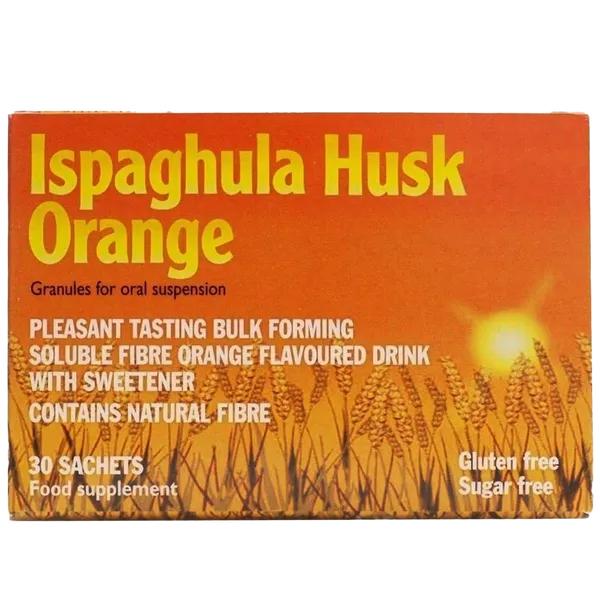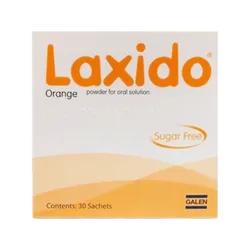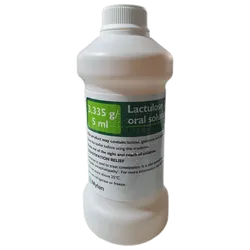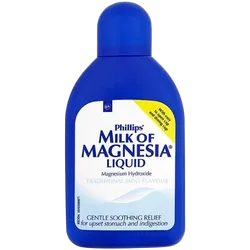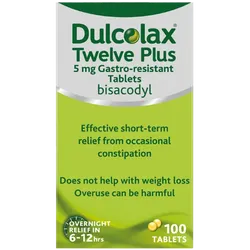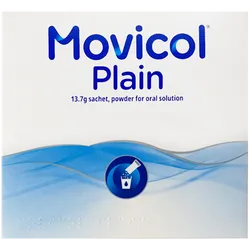Constipation is a common problem. It means either going to the toilet less often than usual to empty your bowels, or passing hard or painful stools. Constipation may be caused by not eating enough fibre or not drinking enough fluids. Pregnancy, a lack of exercise or movement (such as being ill in bed) and some medicines, including some painkillers, can also cause constipation. Sometimes, however, the cause of the constipation is not clear.
Often, increasing the amount of fibre in your diet (such as by eating more fruit, vegetables, cereals, and wholemeal bread) and drinking plenty of water each day can effectively prevent or relieve constipation. You will have been given ispaghula husk for constipation if you cannot increase the fibre in your diet or if this is insufficient. Ispaghula husk works by increasing the bulk of your stools, which encourages your bowels to move the stools through your digestive system, which in turn relieves constipation.
This bulking action means that it can also be used to help treat diarrhoea and to help regulate the passage of food through the digestive system in people with certain long-term bowel disorders, such as irritable bowel syndrome, haemorrhoids, diverticular disease, ulcerative colitis and after some bowel surgery.
Ispaghula husk may sometimes be used in a combination preparation with mebeverine. Mebeverine is an antispasmodic which is used to relieve spasms in the bowel.
